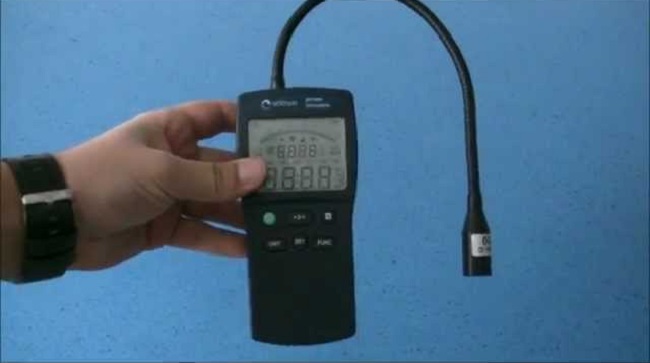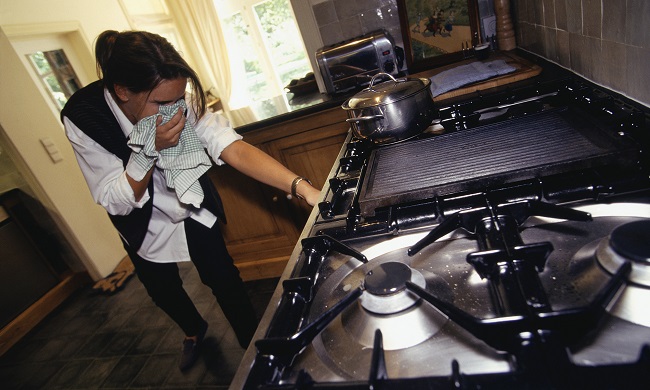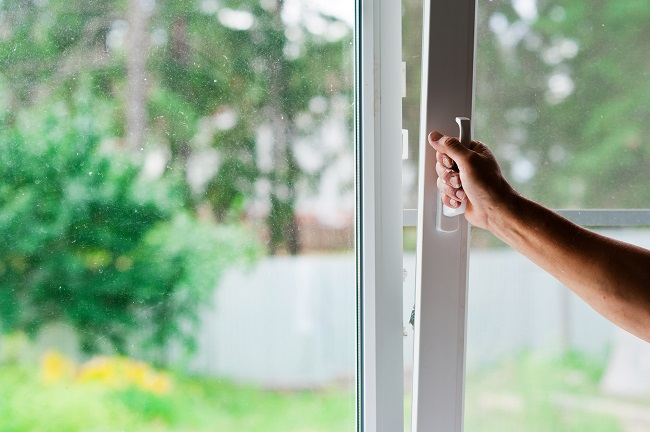The majority of Australian households are connected to gas and although quite convenient, it can actually be quite hazardous. Gas leaks can go undetected if you don’t have detectors installed in hand. Even if you don’t use gas that much and thus don’t feel the need to install a detector, it can be dangerous. Since natural gas is flammable, there are great risks of fire hazards. You can also get carbon monoxide poisoning which results in nausea and pain in the chest as well as the stomach. But don’t worry if you are not sure if there’s a gas leak in your home – you can identify that pretty easily with a gas detector.

The working principle of all gas detection systems and devices is the same, but the form factor isn’t. The gas detectors I’m talking about are handheld and can provide much more accurate results. One such company that has been making these types of devices is Seitron. They’ve been in the business since 1981 together with the brand’s core goal to provide reliable, easy to use and innovative products. Their products prove that too.
Chemist 100
The Chemist 100 is Seitron’s 350 g heavy, Bluetooth capable, combustion and flue gas analyzer that has a 1 ppm CO measurement cell resolution. This gas detector measure 70 x 60 x 140 mm and it comes with 5 complete memory analysis and a sled diagnostic function. The chemist 100 is a potent Seitron gas detector that comes with 15 fuel types. These range from oil, propane, biogas, and coal to LPG, natural gas, and diesel oil. The device also has a temperature range between 0 to 800° C as well as both IR and USB communication ports.
Chemist 500
The 500 series Chemist combustion and flue gas analyzer is the companies most ambitious device with an internal pressure probe. This is what allows the chemist 500 to perform high precision draught measurements. The 900 g heavy Seitron gas detector has enough memory for up to 1000 complete analysis and it can work autonomously for up to 8 hours. The chemist 500 is a 310 mm tall, 90 mm wide and 60 mm diameter device that has Lithium-ion rechargeable batteries that take about 7 hours to charge. The gas sensor on this instrument is precalibrated and can be replaced by the user too.
Chemist 600
Sietron’s top of the line industrial combustion and flue gas analyzer is known to be able to perform positive, negative and differential pression measurements. The Chemist 600 also has a precalibrated gas sensor which has field-replaceable gas cells. The 1.1 kg heavy, Bluetooth capable Seitron analyzer has an integral thermal printer as well as a water trap with an external dust filter.
What Are the Signs of a Gas Leak in Your Home?
Small Bubbles
A gas detector is capable of making accurate measurements and detect gas leaks at a more effective rate. But to determine if you need to have a professional visit your home you can check for some of the signs that are indicative of a gas leak. One of these signs are small bubbles forming when you cover an area with a mix of water and dish soap.

Smell
Another obvious and quite distinctive sign that there is a gas leak in your house is the sulphurous smell. While natural gas itself is odourless and colourless, companies tend to add methanethiol which is what gives that rotten eggs smell.
Hissing
Sometimes all you need to do is put your ear next to a suspected area and you’ll know if there’s a gas leak or not. Usually, if there’s a substantial leak you will definitely hear a hissing sound but if it’s near your AC then it might be a refrigerant leak or a valve.
White Mist
An unusual form of a mist or fog appearing around your household is indicative of a ruptured gas line. This means that you should call your gas utility company straight away.

What to Do if There’s a Gas Leak
If you detect a gas leak, immediately open all doors and windows and leave your home. Something you need to avoid is turning off the gas. While this seems quite reasonable and logical, it can actually lead to sparks and cause damage to appliances and pipes too.
Don’t look for the leak source, let a professional do this instead as at the end of the day they are trained for this. Avoid using lights, matches or any appliances either and don’t even consider starting your car. Since natural gas is odourless and colourless, it’s hard to tell how far or near it is so your vehicle. Starting your vehicle can result in a big explosion which can be caused by the smallest of sparks.
Once you evacuate yourself and everyone in your household out to a safe location call your local gas company right away. In case the gas was turned off never turn it off yourself. Again let the people from the gas utility company do it.
























